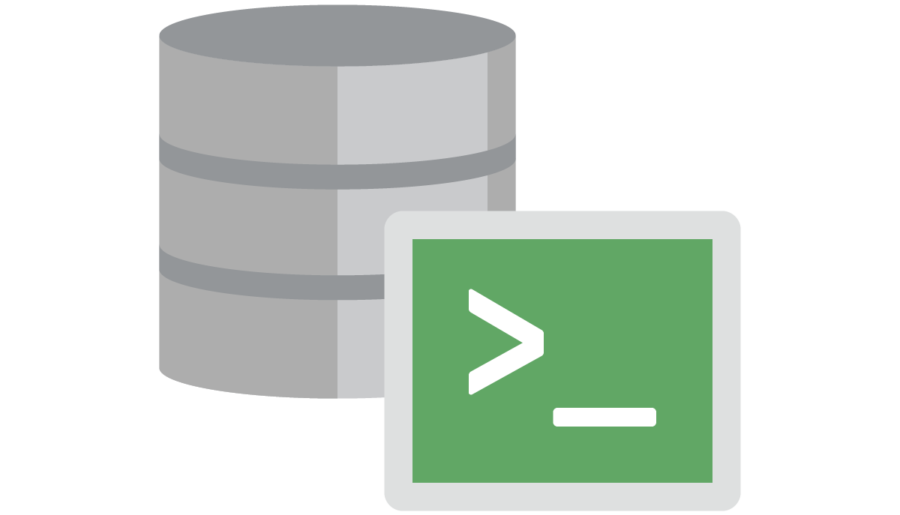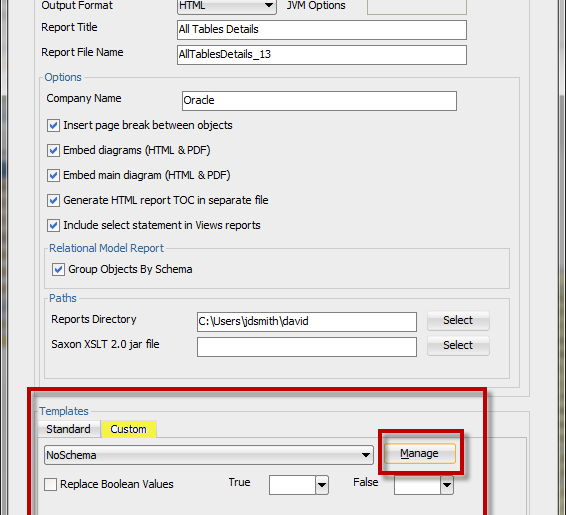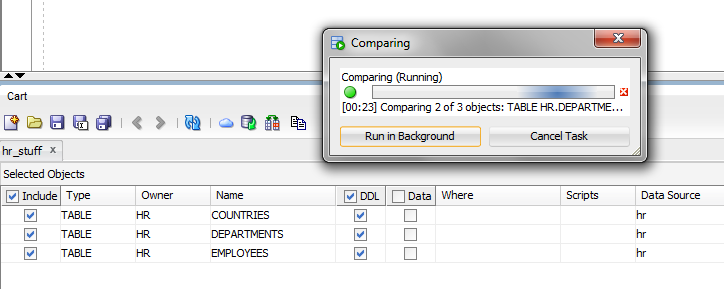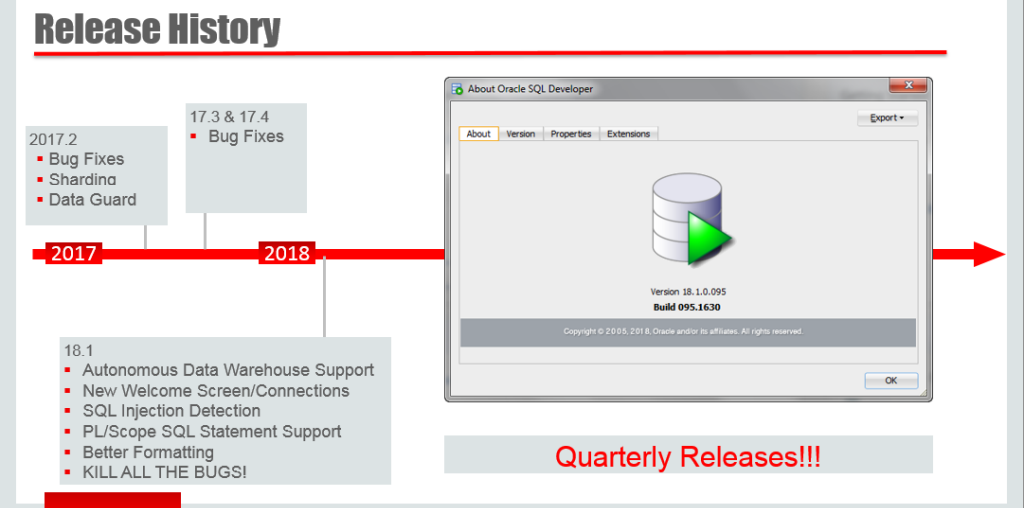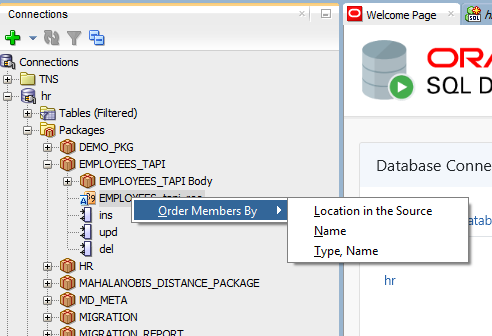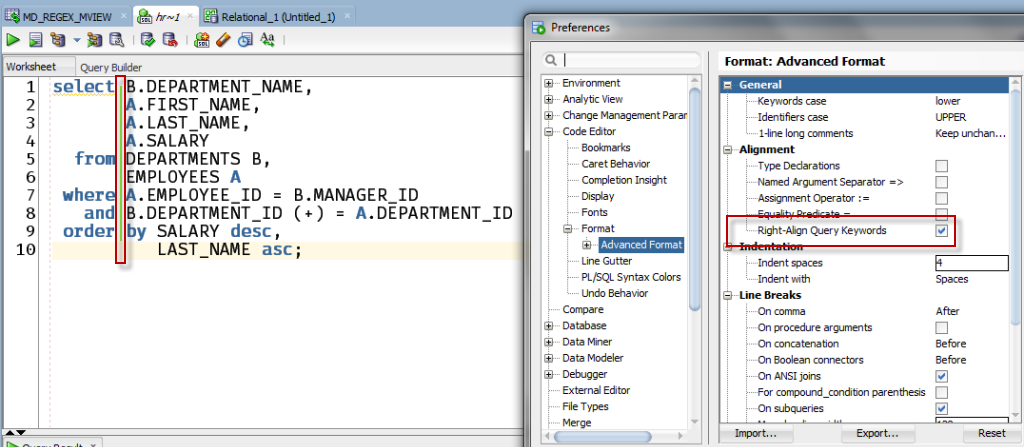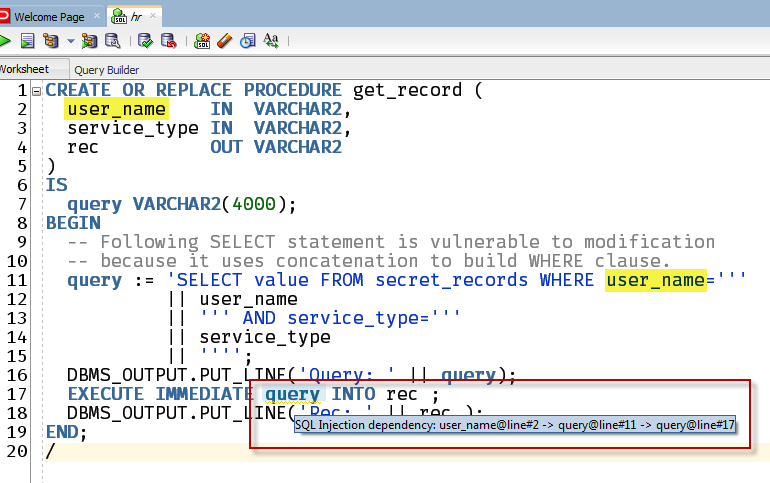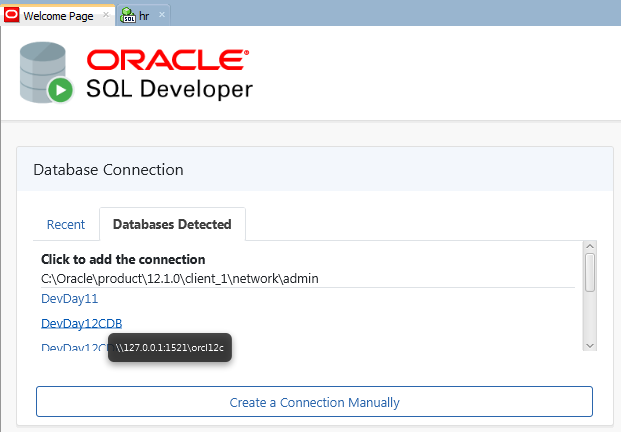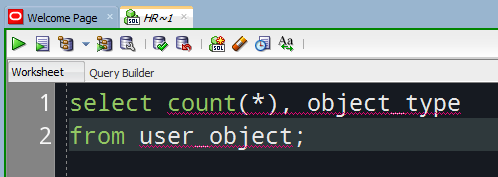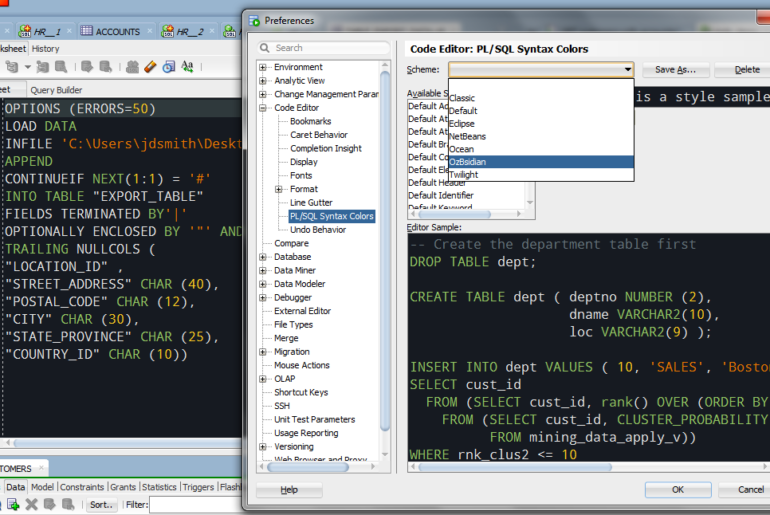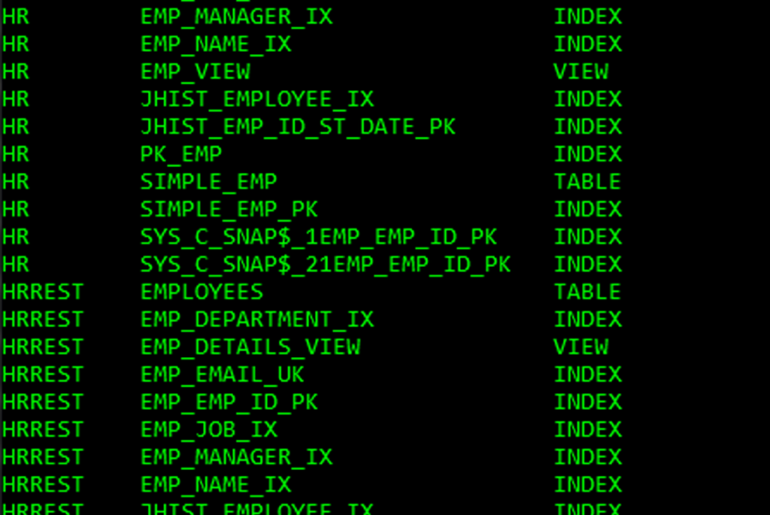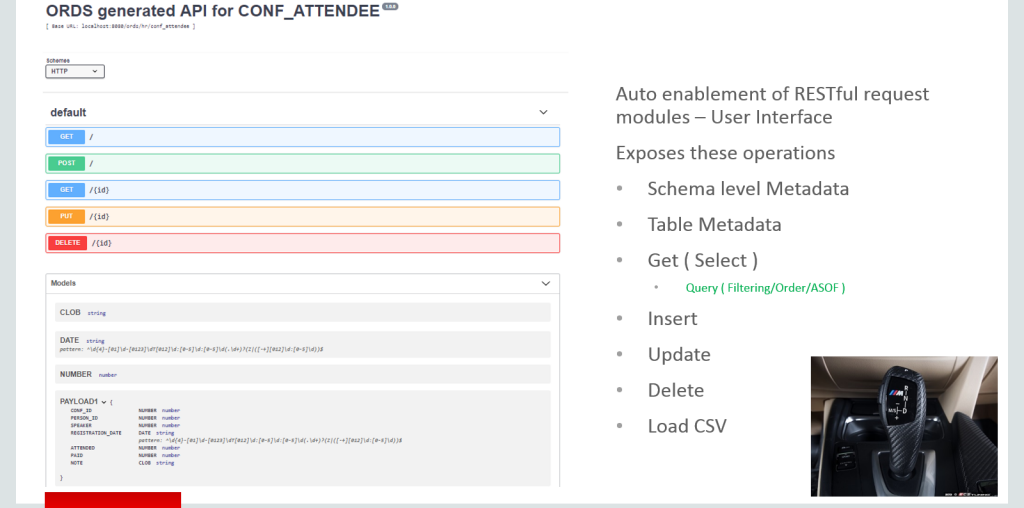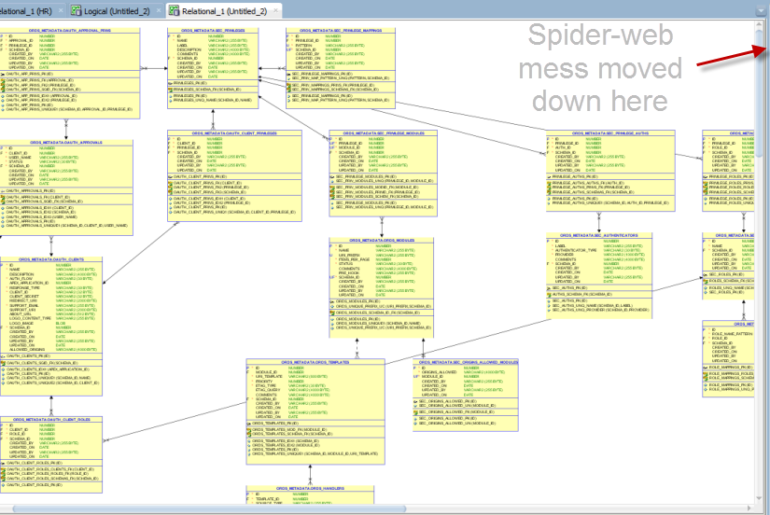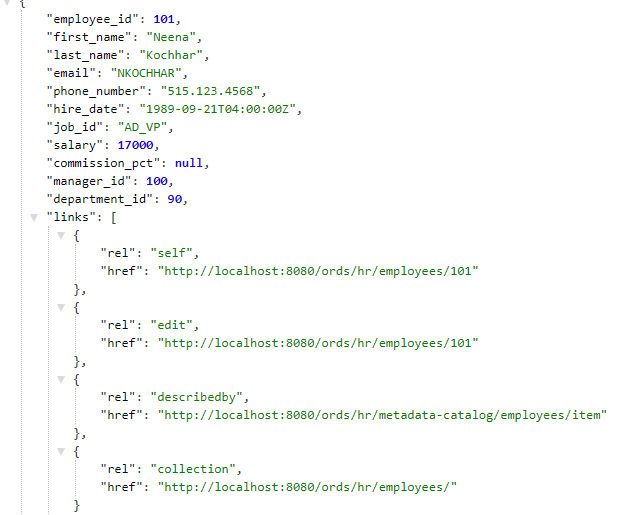Someone asked, hey, I know how to hide the schema notation in our diagrams You can too – READ THIS POST – …but (there is always a BUT), how can we hide it from the data dictionary reports as well? The answer is – you need to manage the report template. When you open the Report dialog, switch to the Custom Templates. We give you two custom templates to play with, ‘Table_one_level_list_Props’ and ‘Tables_2_Levels’. Pick…
A question from the innerwebs – Hello, please, is it possible to define and save a (sub)set of objects for comparison? In Databasediff wizard we have an option to define objects, but it’s a bit cumbersome to do the same thing over and over again, so it would be highly useful to save options and selected items for comparison for future use. Thanks a lot, The answer is, Yes! We have a nice Oracle By…
Normally when someone asks me about ordering packages, I check the doorstop for our daily Amazon delivery. Ok, it just seems that way, and I’m lucky that my awesome wife/partner doesn’t read this blog… …but what we’re really here to talk about is finding stuff in your PL/SQL package. I think there are 2 types of folks: Those that code willy-nilly: they build out each variable, procedure, type, function as it pops into their mind…
This blog post was going to be JUST that picture above. The size of the logos show what I think are the importance, reach, or quality of their content. But I figured I should throw some words and numbers to go with it. You might now know this, but I’m a bit obsessed with Social Media. It’s worked for me, and I think it can work for you too. But where to spend your time?…
A small feature that could have a huge impact on your code – we try to make sure you know your PL/SQL might be vulnerable. SQL Injection is a very well known security risk in the database world. Nefarious people could ‘inject’ SQL into the code you’re about to execute via some some of user input you make available to them. We even talk about this in the Oracle Database Docs and provide some examples…
Version 18.1 of SQL Developer is now available. Go download that here. Most importantly, there are a TON of bug fixes in this release. Many of them reported on twitter, blog posts, and our forums. So thanks again for all that feedback. Today I want to talk about the first thing you’ll see, our new ‘Welcome Page.’ It used to look like this – Then it went to this – Make it better AND more…
I’ve been tweaking how my SQL Developer application looks and feels for a long time. Someone saw my desktop and wanted to know how to make theirs look like mine, hence this post. I realize beauty in in the eye of the beholder, but if you behold what I behold, then here’s how to get there. I recently came across this Scheme on GitHub, and have been using it for a few months now. It’s…
The search feature in SQL Developer is whiz-bang. You’re using it, right? But what about at the command line? I’m guessing many of you just pluck away at ALL_ or DBA_OBJECTS. Some of you may have written some custom scripts. But, what if you burned that into SQLcl? You can of course do this with the ALIAS command. You can say, ALIAS XZY=query; And then access the query by just executing XZY. AND, you can…
Let’s say you have a schema you want to reverse engineer and generate some docs. Lo and behold, the developers used foreign keys! But…there are so many of them, I can’t see the forest for the trees. So how do we make this simpler? Well, our developer for the Data Modeler showed me this trick: In his words: when use synonyms is checked tables that are referred more than 9 times are removed from global…
The Automatic REST features in ORDS are very handy for getting started quickly with providing REST APIs to your data and stored procedures. Give me the data for an employee. Easy. REST enable the schema. REST enable the table. DO a GET on /ords/schema/table/id. But…I don’t want a ‘null’ in my JSON collection for value pair “commission_pct.” What’s an Oracle developer to do? Code/Roll your own REST Service. The ‘bespoke’ solution took me about 3…




